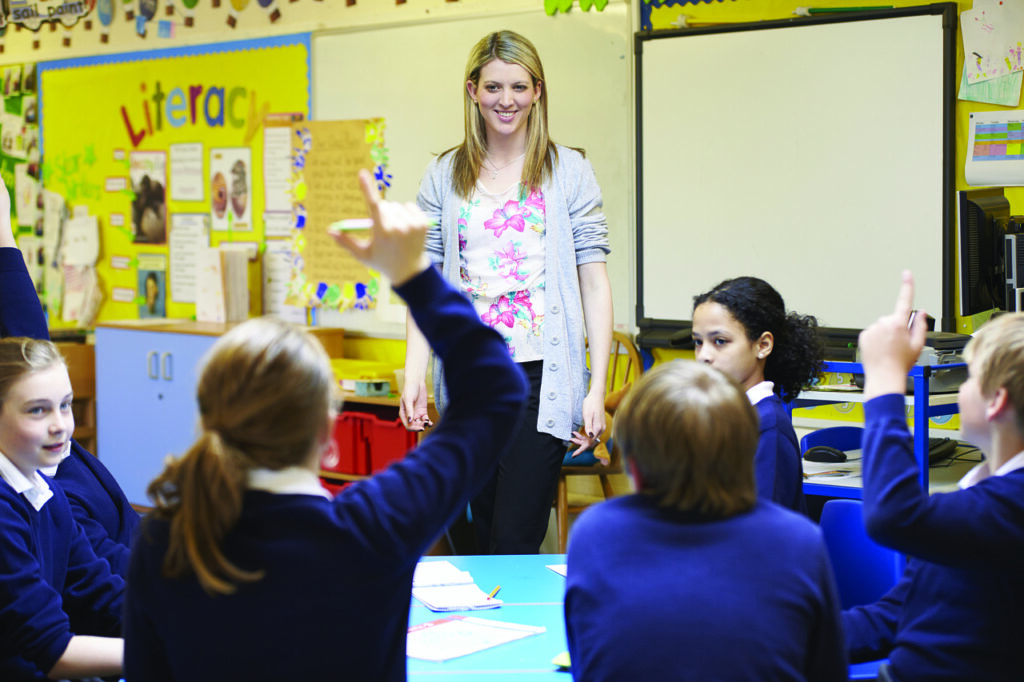SEL stands for Social and Emotional Learning. It refers to the process of acquiring and applying the knowledge, skills, and attitudes necessary to understand and manage emotions, establish and maintain positive relationships, make responsible decisions, and achieve personal and collective goals. SEL is an integral part of education and development, as it helps individuals develop empathy, self-awareness, self-regulation, social awareness, and relationship skills, which are essential for personal and professional success. SEL programs and practices are typically implemented in schools, but they can also be applied in other settings such as families, communities, and workplaces.

SEL lessons are instructional activities that focus on promoting social and emotional learning. These lessons can be implemented in various settings, such as schools, after-school programs, and community organizations, to help individuals develop important social and emotional skills.
SEL lessons typically involve teaching and practicing skills such as:
- Self-awareness: Understanding one’s own emotions, strengths, and limitations.
- Self-management: Regulating one’s emotions, behaviors, and thoughts in a positive way.
- Social awareness: Understanding and empathizing with others’ emotions, perspectives, and experiences.
- Relationship skills: Developing positive and healthy relationships with others.
- Responsible decision-making: Making thoughtful and ethical decisions based on one’s values and goals.

https://wvia.pbslearningmedia.org/resource/self-management-video/social-emotional-learning/



